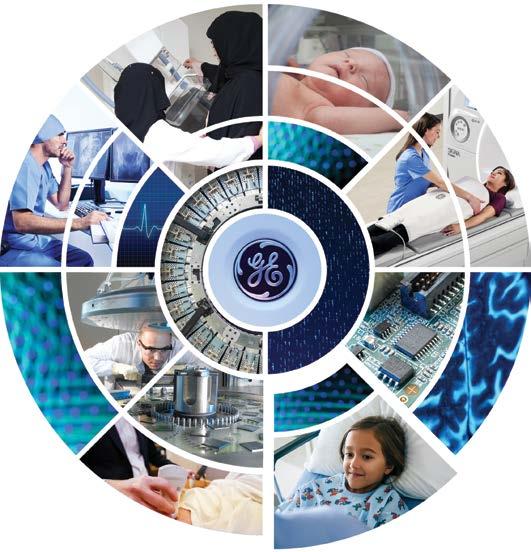
2 minute read
Immunotherapy
By Dr. Mohanad Diab, Consultant Medical Oncologist, Head of NMC Group Oncology
Over the last two years, the advances made by immunotherapy in attacking cancers previously thought unstoppable have been especially promising.
Advertisement
In fact, the results indicate that this form of treatment is revolutionary and could eventually lead us to find a cure for cancer.
“For many advanced cancers, we were previously unable to do anything for the patient and were simply forced to send them home. But immunotherapy has opened the door to better palliative care, and has even helped stop the progress of cancers in quite many patients,”
Immunotherapy uses a class of medicines that stimulate the patient’s immune response, and teach white blood cells to search and attack and act against cancer cells. Unlike traditional chemotherapy, these medicines do not kill healthy cells. More and more resources are currently being invested into researching immunotherapy.
“I personally have a patient in her 40s with a nasopharynx cancer who has been receiving one of the immunotherapy drugs. In the past, I would have said there was nothing more I could do for her and she would have had just about six months to live. But this patient is still alive, until now, and the size of her tumor has been shrinking,” and her situation improved clearly.
As in her case, many new immunotherapy drugs have helped these cancer patients a lot and this represents a medical breakthrough.
“Before we had chemotherapy, patients were complaining a lot of its side effects.. Chemotherapy helped us to improve the outcome of these patients and now immunotherapy has added more and more.
In fact, a recent study released recently showed that a combination of chemotherapy and immunotherapy can be especially effective in some cases with minimal side effects. There are also other advances in the field. Initially, immunotherapy could only be used against cancer cells if the protein receptors on their surface responded to the immunotherapy medication, thus enhancing the body’s immune response. This was determined through molecular genetic testing before the treatment was administered.
“Very recently, however, researchers have found other medicines that do not even need a positive response from protein receptors. This means that immunotherapy can potentially be used to treat even more cancer patients in the future. IMMUNOTHERAPY USES A CLASS OF MEDICINES THAT STIMULATE THE PATIENT’S IMMUNE RESPONSE, AND TEACH WHITE BLOOD CELLS TO SEARCH AND ATTACK AND ACT AGAINST CANCER CELLS. UNLIKE TRADITIONAL CHEMOTHERAPY, THESE MEDICINES DO NOT KILL HEALTHY CELLS. MORE AND MORE RESOURCES ARE CURRENTLY BEING INVESTED INTO RESEARCHING IMMUNOTHERAPY.













